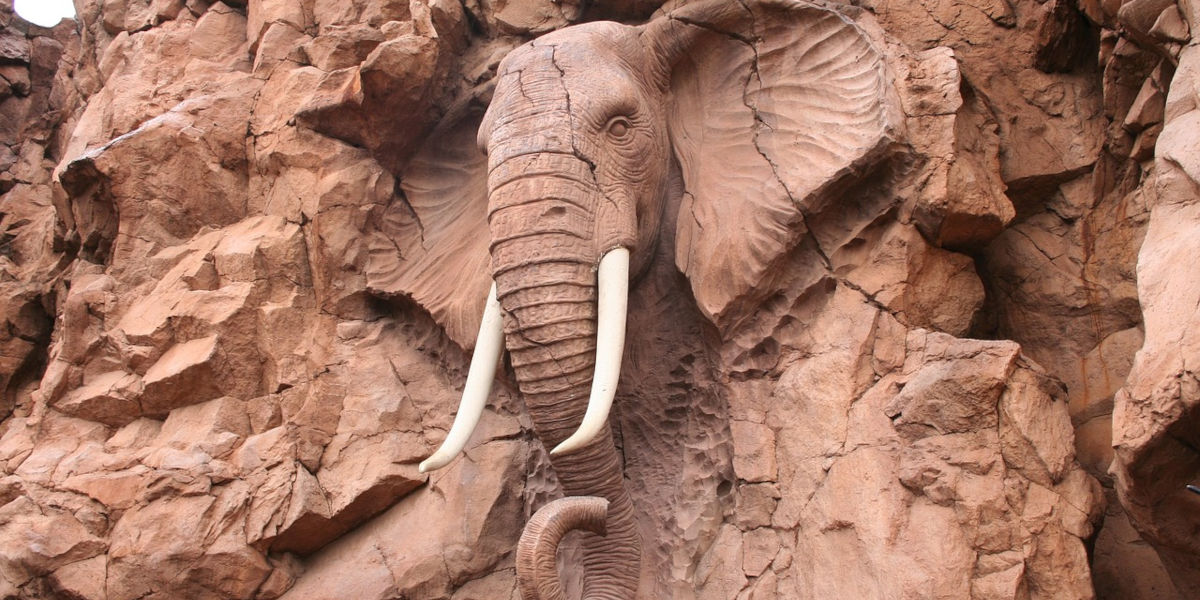From the enigma of Atlantis sinking into the sea to the speculation about the fate of the Lost City of Z, our world’s history is spotted with tales and theories of lost cities. These civilizations, once thriving, now live on through echoes of legends and the relentless pursuit of historians and archaeologists attempting to unearth their mysteries. In this definitive journey into the world's lost cities, we aim to shed light on their stories and the theories surrounding them.
Introduction: The allure of the lost cities of the world
Lost cities worldwide have long held an irresistible allure and fascination. These enigmatic civilizations have captivated our imaginations for decades - their striking architectures swallowed by coastal waters, their populous empires vanished under the jungle canopy, their bustling streets abandoned in the heart of the desert.
Atlantis, the Lost City of Z, and many others like them are under the continuous scrutiny of historians and explorers alike. However, despite the numerous theories and the ongoing search, the question still remains: What happened to these mythical cities? Where did they disappear to, and why?
An odyssey into the Atlantis theories
In the realm of lost cities and enigmatic civilizations, the story of Atlantis stands paramount. Originally mentioned in two of Plato's dialogues, 'Timaeus' and 'Critias', Atlantis was described as a utopian civilization with an incredibly well-structured society. It was said to be a metropolis par excellence, laden with gold, silver, and other immense wealth.
According to the acclaimed philosopher, Atlantis was located "beyond the pillars of Hercules" and succumbed to its doom in a single day and night of catastrophic earthquakes and floods. Since then, several Atlantis theories have been proposed, with speculations ranging from a metaphorical myth to an actual city that once existed in locations proposed as diverse as the Mediterranean, the Caribbean, or even Antarctica.
The perplexity of The Lost City of Z
While the mystery of Atlantis is steeped in the annals of ancient philosophy and mythology, the Lost City of Z is a relatively modern conundrum that stems from the blank spaces on the map of the Amazon rainforest. The city, believed to have been a prosperous ancient metropolis, was said to be hidden deep within the impenetrable jungle, holding secrets of a forgotten civilization.
The tale of the Lost City of Z is tightly intertwined with the life and disappearance of Percy Fawcett, a British surveyor and explorer who led an expedition into the Amazon in 1925, aiming to find the city - but was never seen or heard from again. His vanishing fuelled multiple theories about what happened to the Lost City of Z and sparked numerous further expeditions, all leading to the same outcome – the city, much like the explorer, remains lost.
From the foggy remnants of Atlantis to the icy walls of El Dorado, the mysteries that shroud lost cities have intrigued historians, archaeologists, adventurers and the plain curious for centuries. However, despite persistent research and varying theories, most of these forgotten metropolises lie buried - their tales untold, their glory unseen, and their existence questioned. What leads to their abrupt end or slow decay? How do rich cultures and bustling hubs of civilizations leave traces that vanish under shifting dunes, hide behind dense jungles, or sink beneath the waves?
More often than not, the eventual fate of these erstwhile flourishing cities is tethered to a spectrum of geological events, societal transformations, and human follies or ambitions. Yet, certain clues have shed light on some common factors that contribute to their decline and disappearance.
Natural Calamities and the Rise of New Environments
Nature's wrath spares none, no matter how grand, powerful, or populated. Catastrophic incidents like earthquakes, floods, tsunamis, or volcanic eruptions can lead to the immediate downfall and eventual loss of habitation. Additionally, climate change - even in ancient times - played a significant role in the flourishing or faltering of civilizations. In some cases, the rise of a more stable and nurturing environment in close proximity led to a gradual abandonment of once-thriving cities.
Human Instigated Decline
Often, the demise of cities is credited to human actions - wars, excessive resource exploitation or societal collapse. War can level cities and force citizens to flee, leaving behind a ghost city. Some cities have fallen into ruin due to overexploitation of resources, undermining the very foundation of these civilizations.
Historic Decisions: Trade and Political Shifts
The rise and fall of trade routes has historically been a significant determinant for the survival of cities. When land or sea routes shifted due to political changes, the cities that thrived on these paths were often left in decline. Many such cities could not adapt to the change and gradually faded away into oblivion.
Lost, But Not Forgotten
Finally, despite being lost beneath the sands, the world's hidden cities continue to captivate our minds and beckon our imaginations. Their enduring enigma paves a path for continuous exploration and discovery that redefines our perception of history and human evolution. They remind us of the fragility of our existence, the constant change we are subject to, and the legacy we wish to leave for the future.
The search for these lost cities is much more than a quest for historic treasures or global accolades. It's an endeavor to connect with our roots, to understand our past, and to move forward informed by the lessons it has bestowed upon us. The silhouette of a once mighty metropolis buried under mountains or submerged in seas serves as a stern reminder and a fascinating study, inspiring future generations to respect the forces of nature, protect precious resources, and seek harmony with the world we inhabit.




